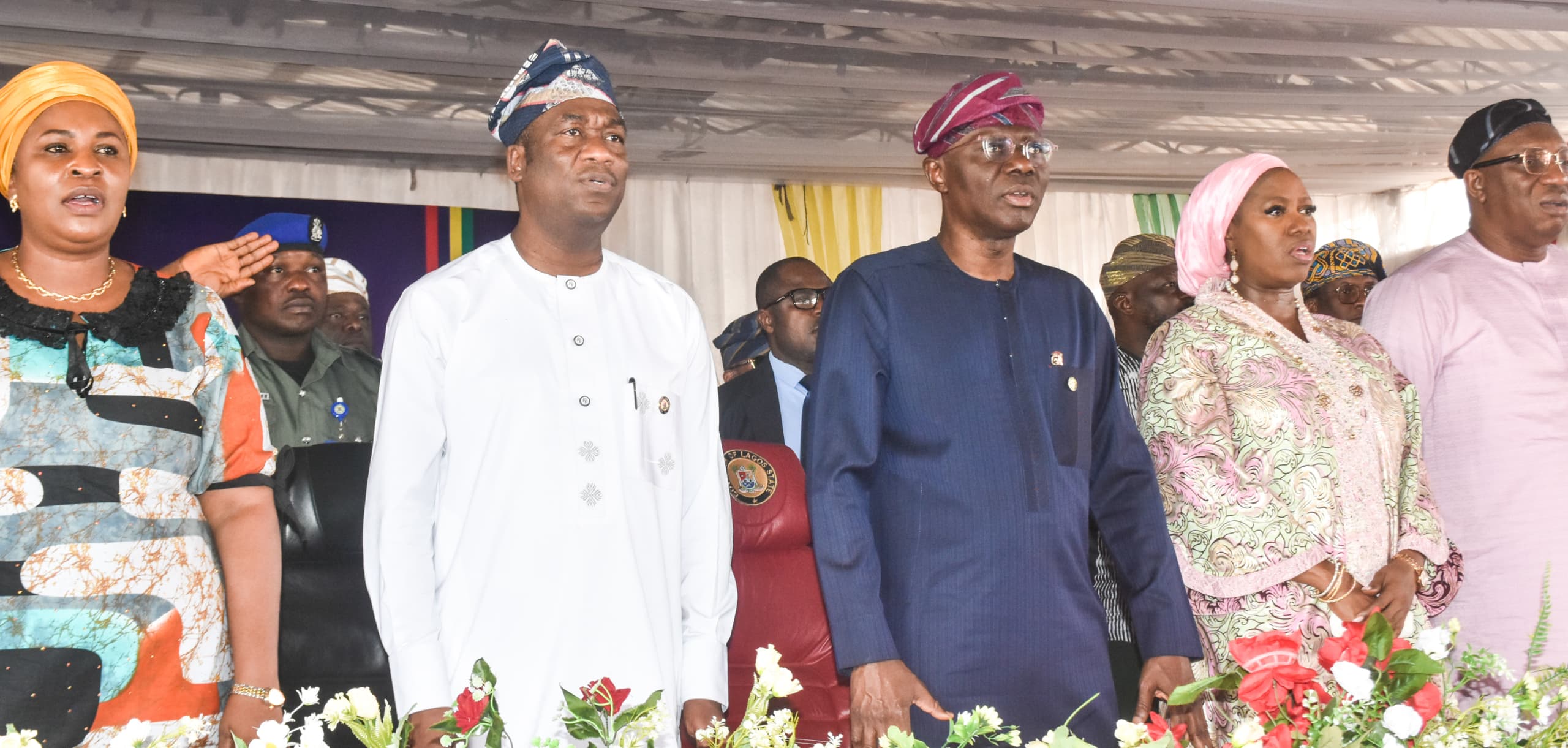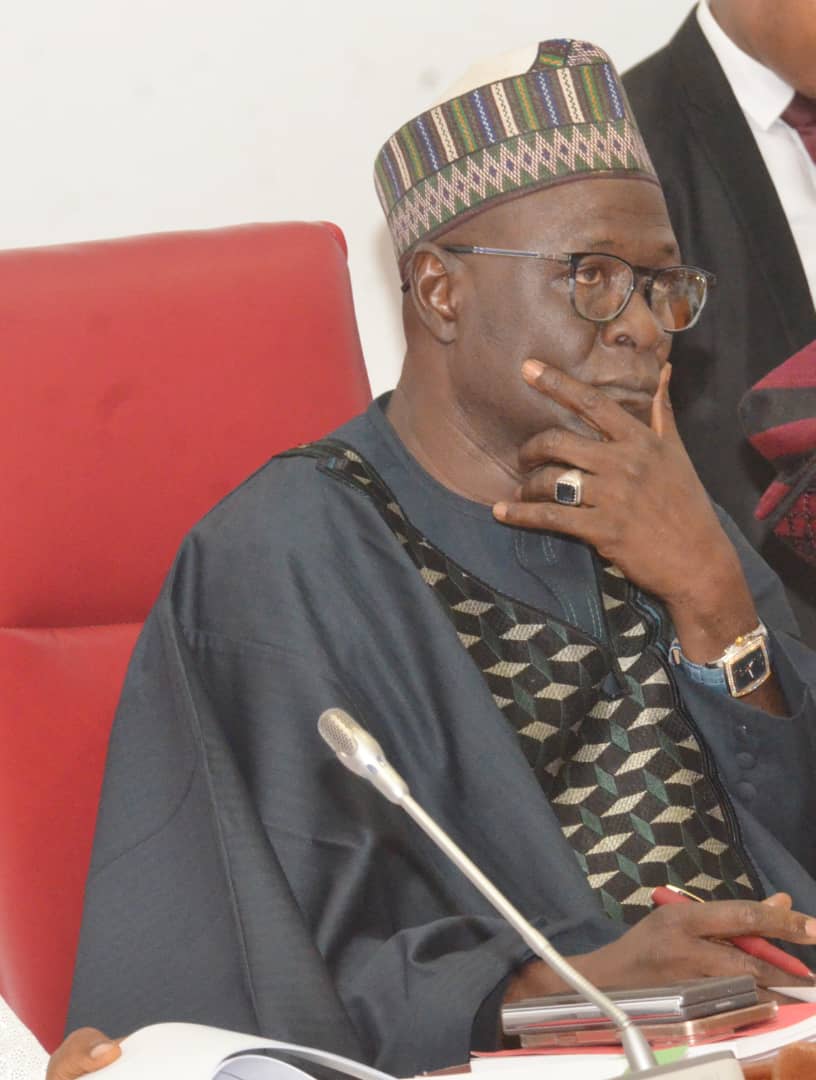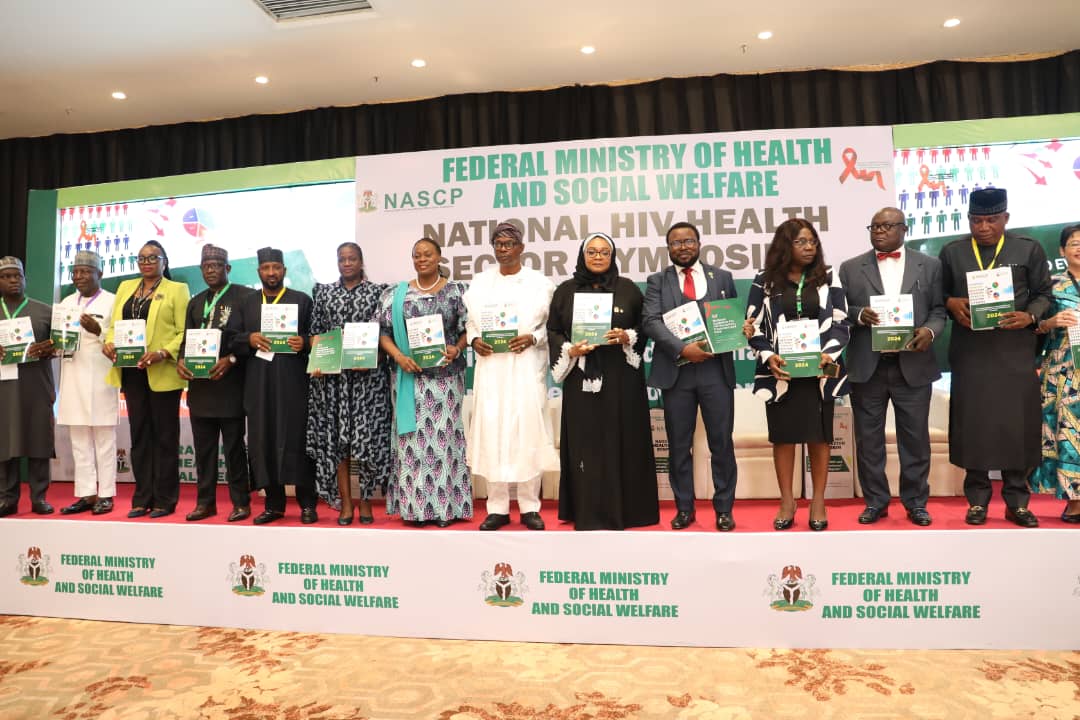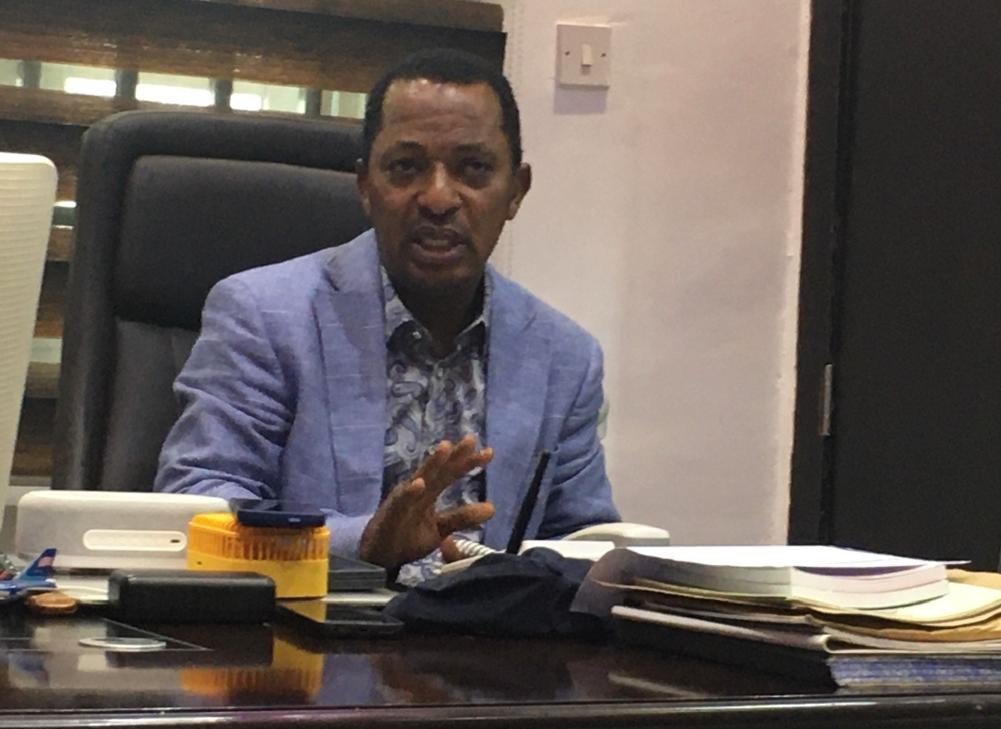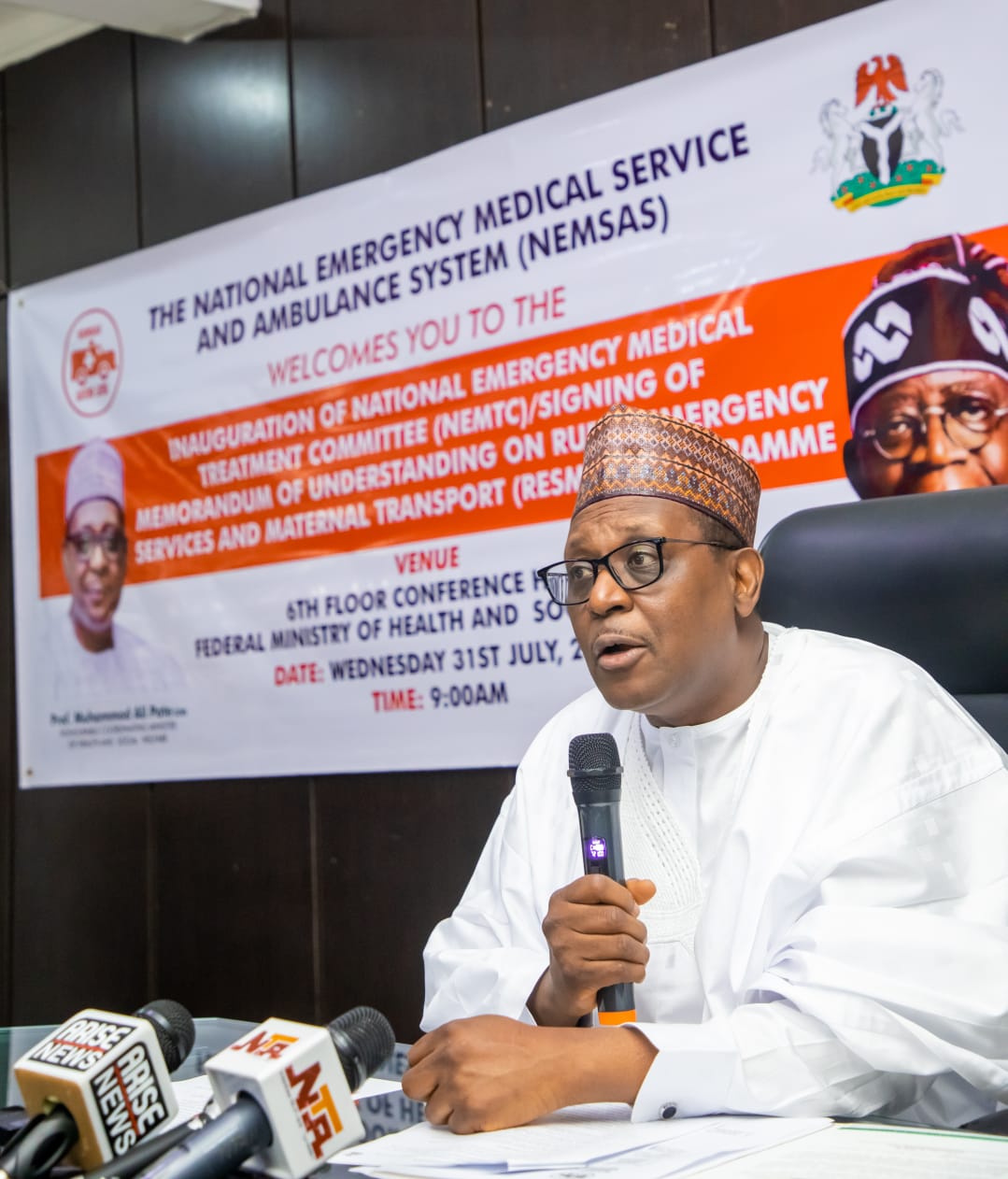
By Fatima Saka
In order to provide medical assistance to all Nigerians, the Coordinating Minister of Health and Social Welfare, Professor Muhammad Ali Pate, has introduced the National Emergency Medical Treatment Committee (NEMTC).
He emphasized that this initiative aims to serve not only all Nigerians but also the most impoverished and vulnerable individuals at the grassroots level.
Professor Pate expressed concerns about the healthcare challenges faced by Nigerians, particularly in urban areas, and highlighted the importance of facilitating access to healthcare services for pregnant women in need of urgent medical attention.
The inauguration ceremony, held in Abuja on Wednesday, also the signing of a Memorandum of Understanding (MoU) on Rural Emergency Service and Maternal Transport (RESMAT) between the National Primary Health Care Development Agency (NPHCDA) and the National Malaria Elimination Programme (NMEP).


Professor Pate outlined the four pillars of the sectoral blueprint, which include Governance, Enhancing health systems to improve health outcomes for Nigerians, Unlocking the value chain by collaborating with the private and public sectors, and Ensuring health security.
He emphasized the importance of a collaborative approach involving the federal government, states, local governments, the private sector, and development partners in improving the overall health of Nigeria’s population.
“Since the inception of this initiative by the president, significant efforts have been made to enhance Nigeria’s healthcare sector, aiming to make a positive impact on the lives of Nigerians.
“Access to emergency medical services is a crucial component of healthcare delivery, especially in low-income settings like Nigeria where resources are limited and infrastructure is inadequate. In such contexts, pregnant women and children often struggle to access timely and appropriate medical care during emergencies.
“The absence of comprehensive emergency services significantly contributes to high mortality rates, particularly maternal and child mortality rates, which remain alarmingly high in Nigeria.
“Nigeria accounts for a staggering one in every four global maternal deaths, highlighting the urgent need for improved emergency medical services.
The implementation of the National Health Act 2014, the establishment of the Basic Health Care Provision Fund, and programs like NEMSAS and the National Emergency Medical Treatment Committee are crucial steps towards providing essential services, especially for mothers in rural areas.
‘Efforts to address the high maternal mortality rates must focus on reducing delays in accessing healthcare services.
This requires a multi-stakeholder effort, and the newly formed committee, led by distinguished professionals, aims to address these challenges effectively,” Professor Pate.
In her welcome remarks, Daju Kachollom S, mni, Permanent Secretary of the Federal Ministry of Health and Social Welfare, highlighted the ministry’s commitment to providing quality healthcare services and saving lives.
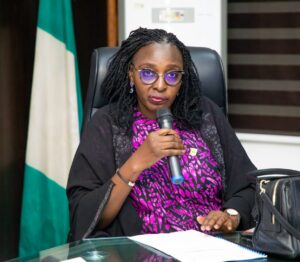
“You will hear an overview from the project manager, National Project Manager, Dr. Saidu.
“But as I said, mine is to welcome you all. So you are all welcome to this auspicious event where your job will be to coordinate emergency medical services. And your committee will be given the terms of reference,” she said.
Dr. Ismail Musa Jibrin, Chairman of the National Emergency Treatment Committee, emphasized the rising trauma-related morbidity and mortality in Nigeria due to various factors such as terrorism, civil unrest, accidents, and natural disasters.
He stressed the urgent need for a robust national emergency medical services system to address these challenges and save lives.
In his presentation, Dr. Saidu Ahmed, the National Project Manager of NEMSAS, provided an overview of the NEMTC/RESMAT Programme, outlining the committee’s structure and responsibilities.
He emphasized the importance of regular meetings and collaboration among committee members to ensure the effective coordination of emergency medical services.
In overall, Distinct News reports that the establishment of the National Emergency Medical Treatment Committee and the signing of the MoU signify a significant step towards enhancing healthcare services in Nigeria and reducing maternal and child mortality rates.
The collaborative efforts of all stakeholders involved are crucial in achieving a resilient healthcare system for the country.

